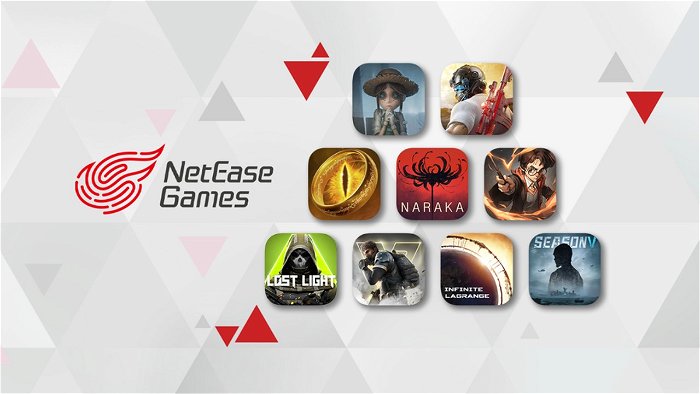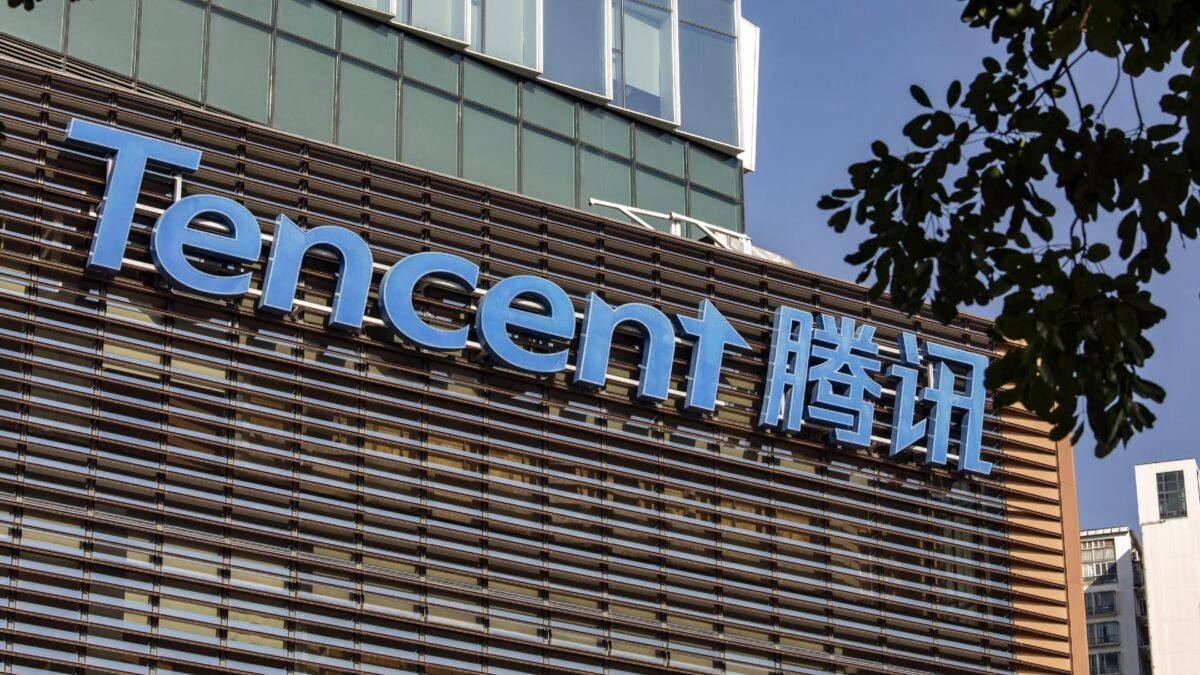Two of China’s biggest game-makers, Tencent and NetEase, have reported massive losses in market value after China’s National Press and Publication Administrations published new guidelines for limiting game spending.
Tencent is behind some of the most successful online games in the world, including Honor of Kings, PUBG, League of Legends: Wild Rift, and Goddess of Victory: Nikke. Meanwhile, NetEase is the company behind titles like Identity V, Knives Out, and Marvel Super War.

As reported by Reuters, the new rules are intended to set spending limits for online games. These rules will ban games from rewarding players if they log in every day, if they spend on games the first time, or if they spend several times throughout the day. These are all common practices in many live service and mobile titles, especially in China, which is currently the world’s biggest game market.
In addition to those changes, the new rules would also require probability-based luck draws not to be offered, players who stream games can’t be offered large tips, and online game approvals to be processed by regulators within 60 days of publishing.
The proposed rules have sparked panic among many investors, which has resulted in massive losses of market value between the two biggest companies in China.

Shares in Tencent Holdings dropped by a whopping 16%, while NetEase tumbled by 25%. This has resulted in a combined loss of nearly $80 billion, and that’s before you take into account other companies, like tech investor Prosus, which dropped 14.2%
Ivan Su, an analyst at Morningstar, commented on the development by saying, “The removal of these incentives is likely to reduce daily active users and in-app revenue, and could eventually force publishers to fundamentally overhaul their game design and monetization strategies,”
This isn’t the first time game companies in China have faced scrutiny, as in 2021, the country imposed playtime limits for minors over addiction concerns.
The new rules, of course, raise some major questions as to how the core design of games would have to shift to be compliant. There is still time for the rules to be changed or amended, as they won’t come into effect until next year.




